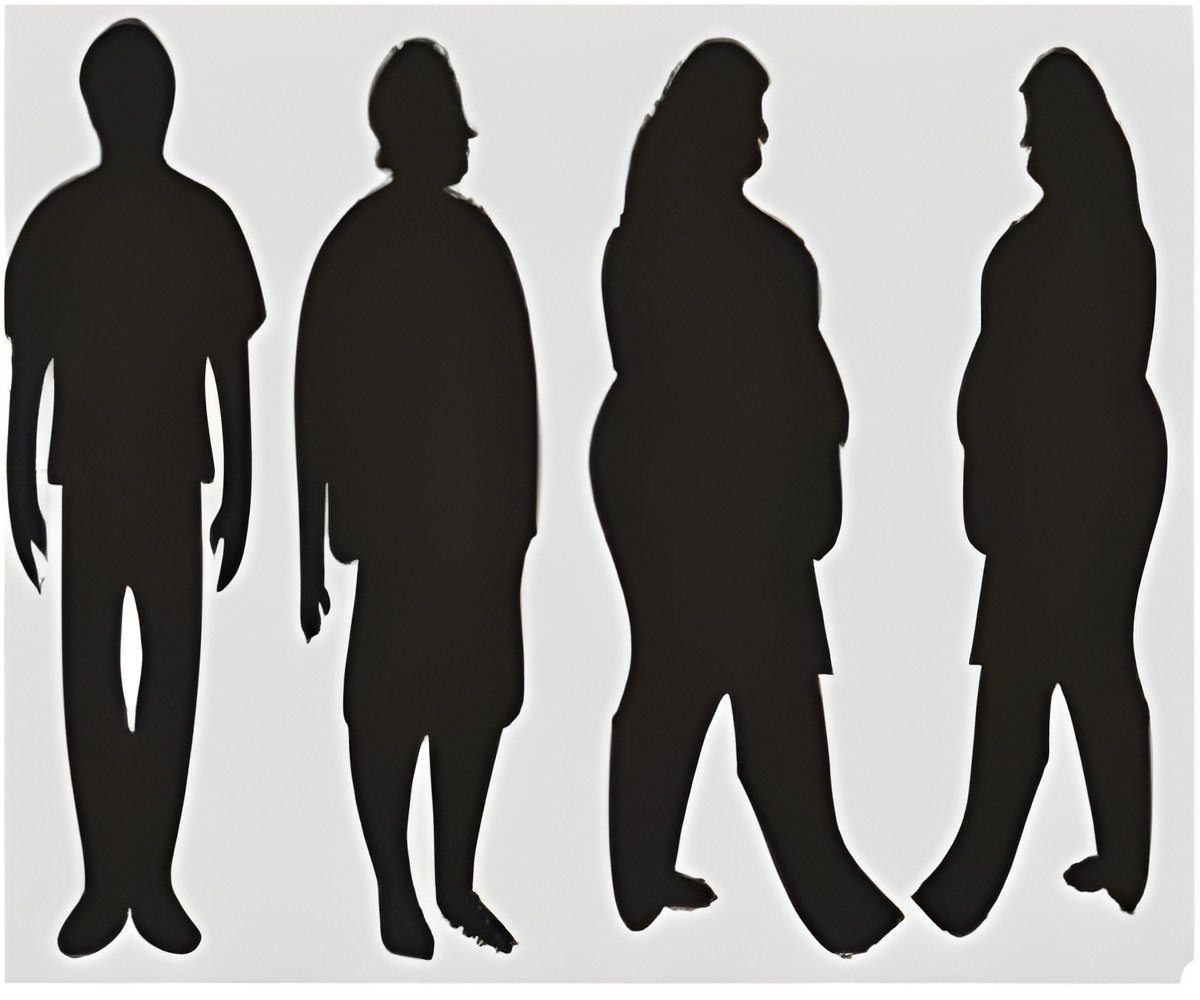People should not jump to the conclusion that eating lots of unhealthy food is alright as long as we fast, Hatori cautioned.

Obesity is a major health challenge in many developed countries, reaching global pandemic proportions. According to the Centers for Disease Control and Prevention, more than one-third of American adults and 17 percent of youth are obese. Obesity increases the risk of a number of health conditions including: high blood pressure, high cholesterol and type 2 diabetes. Lifestyle modifications, including eating a healthy diet and daily exercise, are first-line interventions in the fight against obesity. The Salk study suggests another option for preventing obesity by preserving natural feeding rhythms without altering dietary intake.
Scientists have long assumed that the cause of diet-induced obesity in mice is nutritional; however, the Salk findings suggest that the spreading of caloric intake through the day may contribute, as well, by perturbing metabolic pathways governed by the circadian clock and nutrient sensors.
The Salk study found the body stores fat while eating and starts to burn fat and breakdown cholesterol into beneficial bile acids only after a few hours of fasting. When eating frequently, the body continues to make and store fat, ballooning fat cells and liver cells, which can result in liver damage. Under such conditions the liver also continues to make glucose, which raises blood sugar levels. Time-restricted feeding, on the other hand, reduces production of free fat, glucose and cholesterol and makes better use of them. It cuts down fat storage and turns on fat burning mechanisms when the animals undergo daily fasting, thereby keeping the liver cells healthy and reducing overall body fat.
The daily feeding-fasting cycle activates liver enzymes that breakdown cholesterol into bile acids, spurring the metabolism of brown fat - a type of "good fat" in our body that converts extra calories to heat. Thus the body literally burns fat during fasting. The liver also shuts down glucose production for several hours, which helps lower blood glucose. The extra glucose that would have ended up in the blood - high blood sugar is a hallmark of diabetes - is instead used to build molecules that repair damaged cells and make new DNA. This helps prevent chronic inflammation, which has been implicated in the development of a number of diseases, including heart disease, cancer, stroke and Alzheimer's. Under the time-restricted feeding schedule studied by Panda's lab, such low-grade inflammation was also reduced.
>
Advertisement














